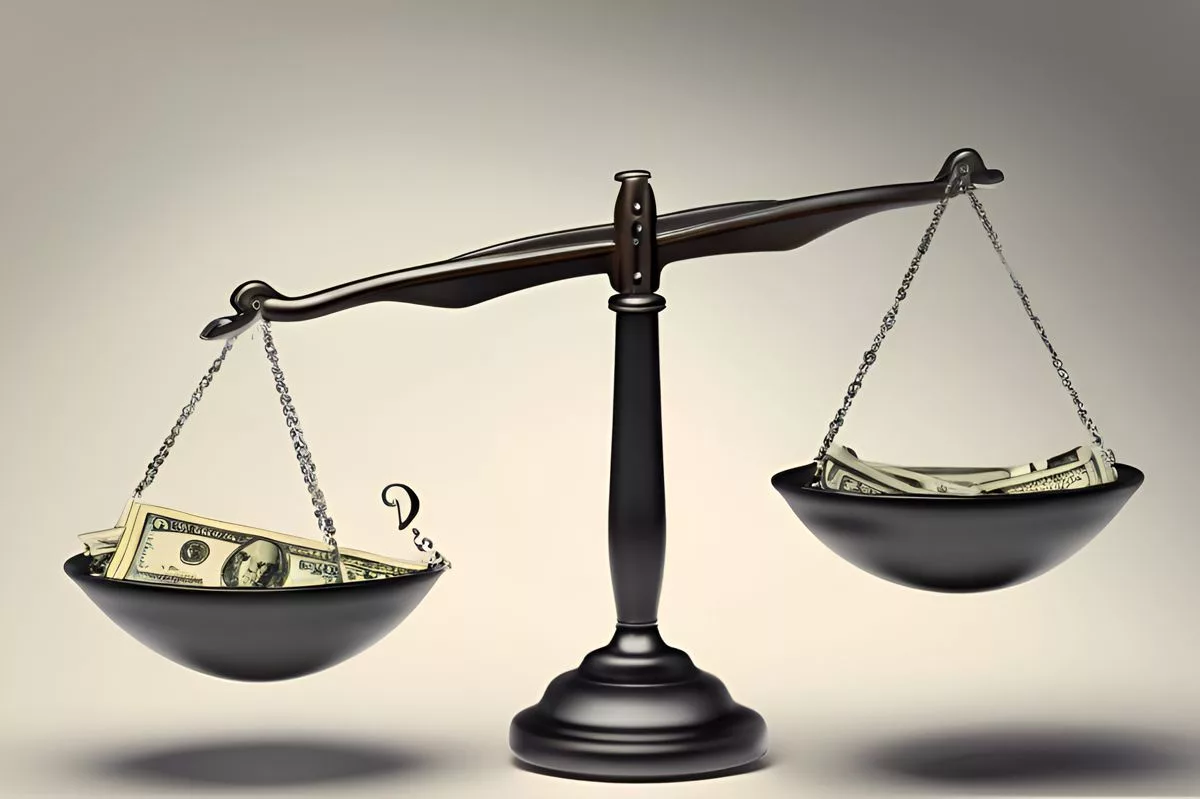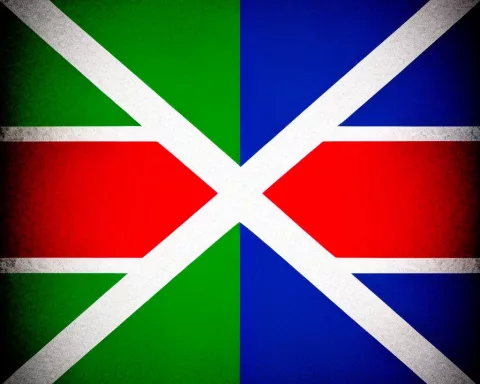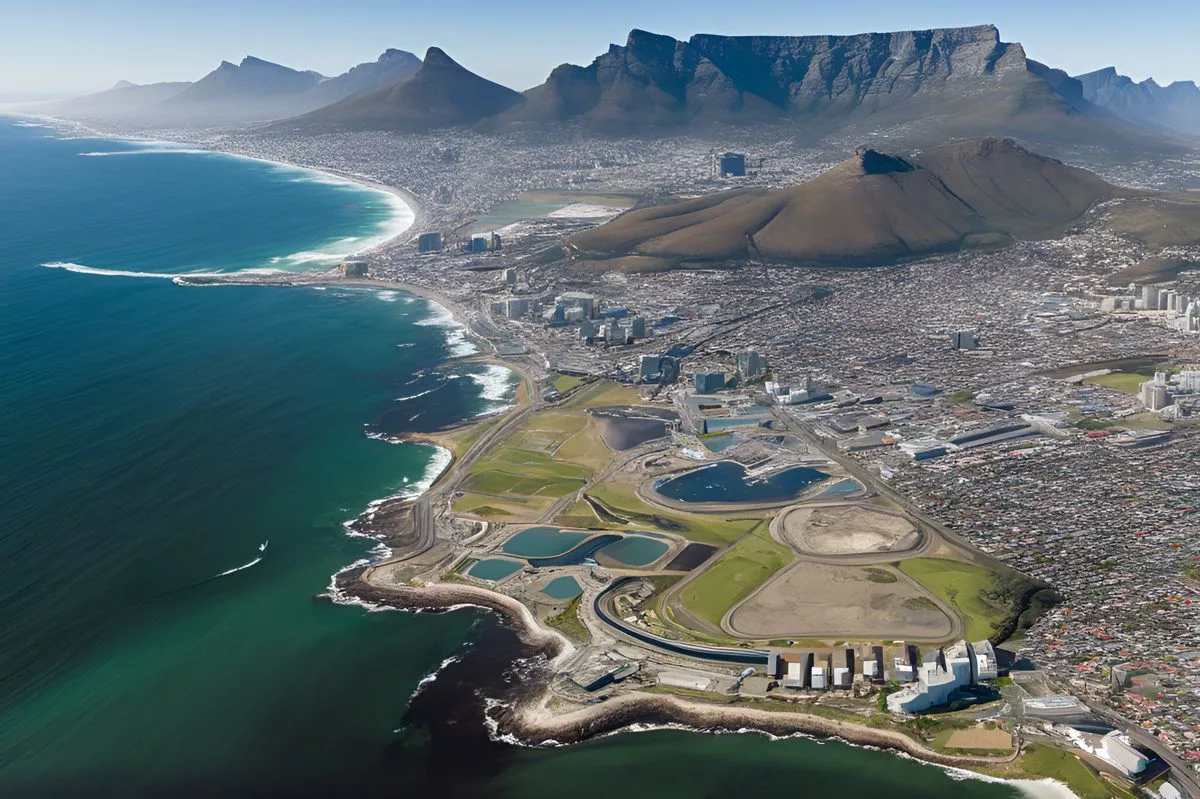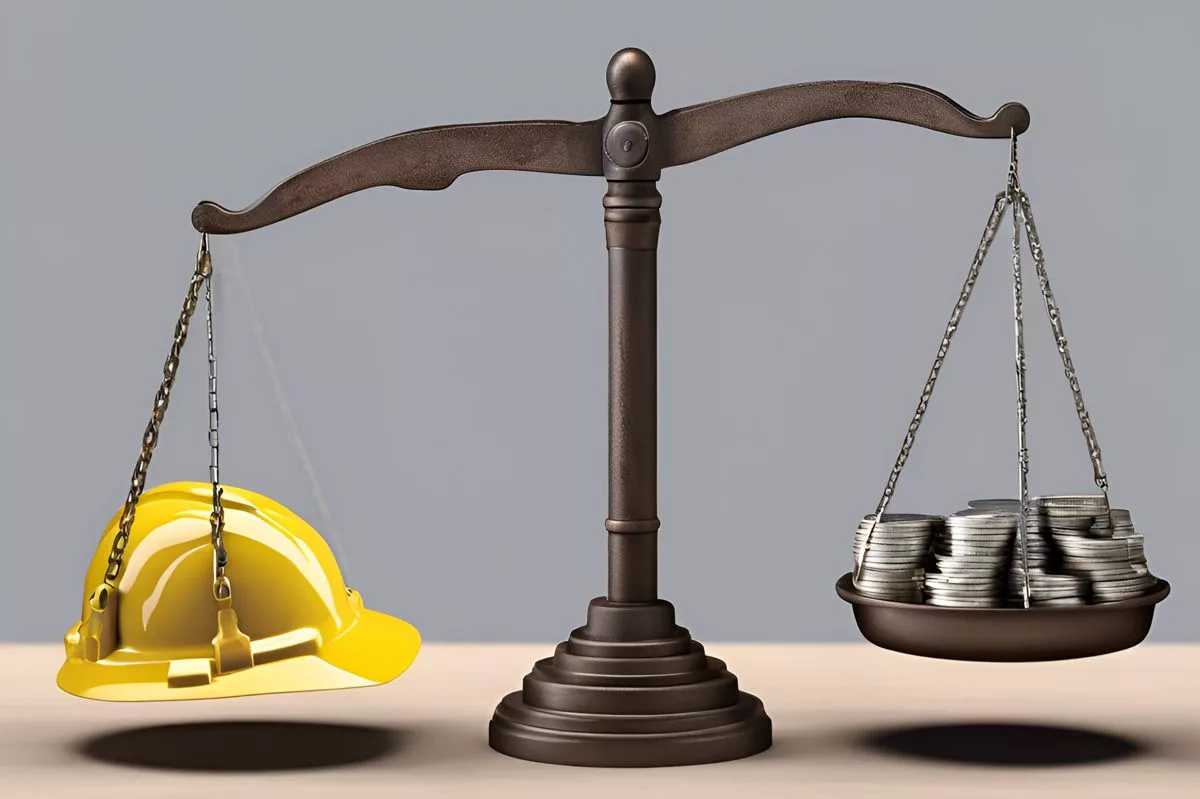The R370 SASSA SRD Grant is a lifeline for many South Africans struggling with poverty and unemployment. This important financial aid helps those in need, but it faces challenges like strict eligibility rules and the need for online applications, which can leave some people behind. As the government plans to turn this grant into a Basic Income Grant by 2026, discussions about fairness and access are growing. It’s a crucial moment for South Africa, as the country seeks to support its most vulnerable while navigating tough economic realities.
What is the R370 SASSA SRD Grant and its significance in South Africa?
The R370 SASSA SRD Grant is a crucial financial aid program in South Africa, designed to support vulnerable populations facing economic hardship. It addresses high unemployment and aims to evolve into a Basic Income Grant by 2026, despite challenges in eligibility criteria and digital accessibility.
A Critical Lifeline in a Complex Landscape
The R370 SASSA SRD grant plays a vital role in South Africa’s social welfare system, offering a beacon of hope amidst economic challenges. Aimed at aiding the country’s most vulnerable populations, this grant has become both a symbol of support and a topic of debate. The African National Congress (ANC) government faces the daunting task of balancing the financial demands of providing such assistance with the realities of the country’s economic constraints.
Understanding the significance of the Social Relief of Distress (SRD) grant requires an appreciation of its intended purpose. Initially conceived as a temporary relief measure for individuals with minimal income, the SRD grant has become a crucial support mechanism as unemployment rates rise. The ANC’s plan to evolve the SRD into a Basic Income Grant by 2026 underscores the increasing need for sustainable income solutions. Yet, this transformation poses significant fiscal challenges, especially with only seven million of the 17 million recent applications being approved.
The financial implications are enormous. If the government approves every R370 grant request, the monthly cost could exceed R6 billion. This scenario is unsustainable since grant recipients currently outnumber taxpayers two to one. This imbalance highlights the systemic issues confronting the Department of Social Development, despite its substantial budget allocation.
Legal Challenges and Eligibility Controversies
The upcoming High Court hearing on October 29, 2024, adds another layer of complexity to the SRD grant debate. GroundUp and the Institute for Economic Justice (IEJ) have initiated a legal challenge, arguing that the current eligibility criteria unfairly exclude many deserving applicants. A contentious point is the stipulation that beneficiaries must earn less than R625 monthly. The broad definition of ‘income’—including financial help from family or friends—has been criticized as unjust. Advocates are calling for a more precise definition, focusing on income derived from formal employment.
Additionally, the IEJ questions the sufficiency of the current income threshold, especially amidst rising inflation. As living expenses climb, it is crucial to adjust the threshold to maintain the grant’s relevance and efficacy. Without such adjustments, the grant risks failing the very people it aims to support.
The requirement for online applications also sparks contention. While digital processing increases efficiency, it inadvertently marginalizes individuals in rural areas who lack internet access or smartphones. Although the Department of Social Development emphasizes the simplicity and speed of the online system, including a WhatsApp option, the digital divide remains a significant barrier.
Bridging the Digital Divide and Ensuring Inclusive Access
The debate around the SRD grant reflects broader societal tensions regarding technological advancement and equitable access. In a nation where technological resources are unevenly distributed, the argument for in-person application processes gains momentum. Supporters stress that not everyone can navigate digital systems easily, and excluding these individuals undermines the grant’s inclusive intent.
This ongoing dialogue mirrors historical efforts to address social inequities. Nineteenth-century artistic movements like realism sought to portray life truthfully, confronting societal issues head-on. Similarly, the SRD grant discourse calls for a realistic assessment of South Africa’s socio-economic landscape, acknowledging the gaps between policy ideals and lived realities.
The evolution of the SRD grant from its inception to its current iteration exemplifies the complexities inherent in social policy. As stakeholders engage in discussions about the grant’s future, they must navigate a web of competing interests and priorities. These conversations contribute to the ongoing narrative of South Africa’s social development, a story marked by both progress and setbacks.
Reflecting on Historical Context and Future Prospects
Amidst these challenges, it’s essential to consider the broader historical context. The SRD grant is part of a continuum of social welfare initiatives that date back to the post-apartheid era. During this time, the government launched ambitious programs to address historical injustices and uplift marginalized communities. Although a relatively recent addition, the SRD grant is imbued with the legacy of these earlier efforts.
The ANC’s vision for a Basic Income Grant aligns with a global trend toward universal basic income (UBI) models. While debates about UBI occur worldwide, the South African context presents unique challenges and opportunities. Implementing such a system requires careful consideration of the country’s socio-economic landscape, ensuring it meets the diverse needs of its citizens.
As South Africa stands at this critical juncture, the conversation around the SRD grant transcends policy discussions. It engages with broader philosophical questions about welfare, responsibility, and the role of the state in its citizens’ lives. Despite its complexities, this dialogue is vital for charting a sustainable path forward for the nation.
“`markdown
FAQ: R370 SASSA SRD Grant in South Africa
What is the R370 SASSA SRD Grant and why is it important?
The R370 SASSA SRD Grant is a vital financial aid program in South Africa designed to assist vulnerable populations facing economic hardship. With rising unemployment rates, this grant serves as a crucial support mechanism. The government plans to evolve the SRD grant into a Basic Income Grant by 2026, aiming to provide more sustainable income solutions amid significant financial challenges.
How does the R370 grant affect South Africans in need?
The R370 grant provides essential financial support to individuals who are struggling with poverty and unemployment. It is a lifeline for many, helping them meet basic needs. However, the grant also faces challenges, such as stringent eligibility criteria and the requirement for online applications, which can leave some people, especially in rural areas, without access to this aid.
What are the eligibility criteria for the R370 SASSA SRD Grant?
To qualify for the R370 grant, applicants must earn less than R625 monthly. However, this definition of income has been criticized for being overly broad, as it includes financial assistance from family and friends. Additionally, many advocates argue that the current income threshold is insufficient given rising inflation and living costs.
What technical challenges are associated with the application process for the SRD Grant?
The application process for the R370 SASSA SRD Grant is conducted online, which can present challenges for individuals in rural areas without internet access or smartphones. While the Department of Social Development emphasizes the efficiency of the online system, this digital divide can marginalize those who are not technologically savvy, leading to calls for alternative application methods.
What is the significance of the upcoming High Court hearing on October 29, 2024?
The High Court hearing is significant as it addresses legal challenges regarding the SRD grant’s eligibility criteria. Organizations like GroundUp and the Institute for Economic Justice argue that the current criteria unfairly exclude many deserving applicants. The outcome of this hearing could reshape the eligibility standards and ensure more equitable access to the grant.
How does the SRD grant fit into South Africa’s broader social welfare landscape?
The SRD grant is part of a continuum of social welfare initiatives that have evolved since the post-apartheid era. It reflects South Africa’s ongoing efforts to address historical injustices and uplift marginalized communities. As the government considers transitioning to a Basic Income Grant, the SRD grant’s evolution engages with broader discussions about welfare, responsibility, and the role of the state in supporting its citizens amidst economic challenges.
“`












